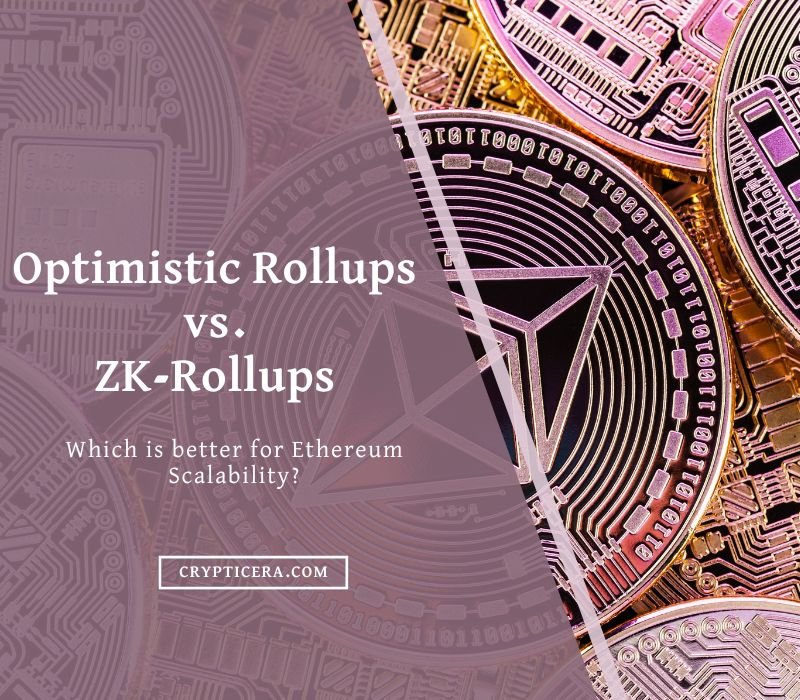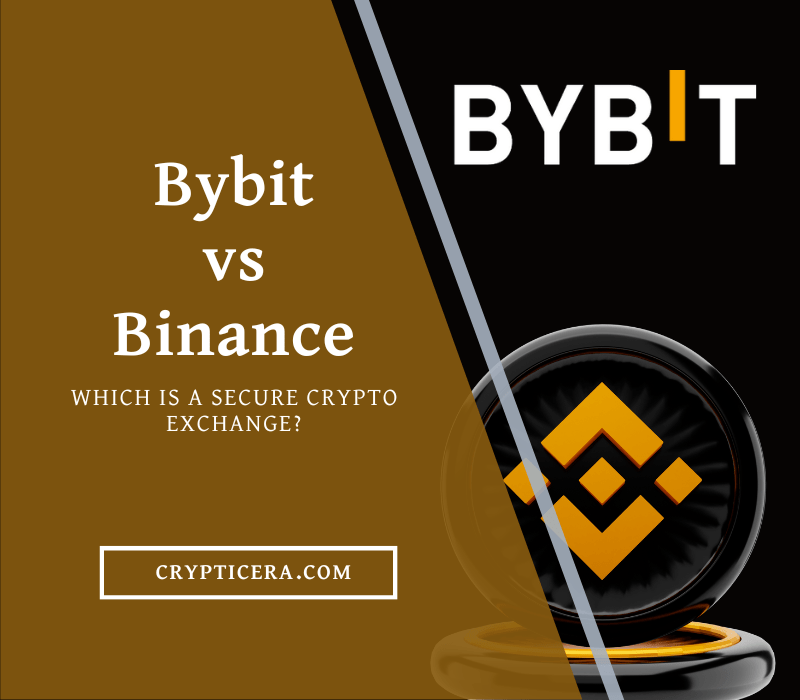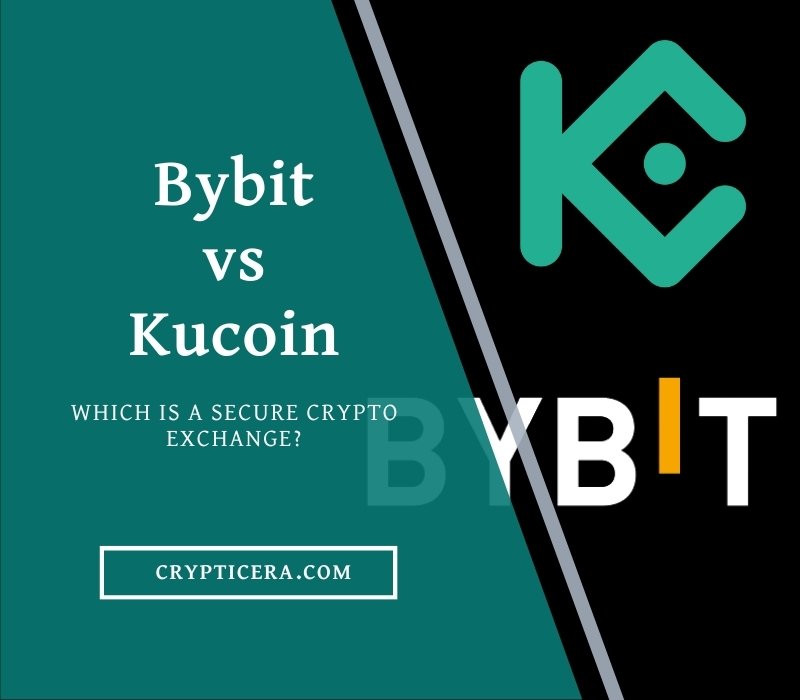As the popularity of cryptocurrencies continues to grow, the importance of having a secure wallet to store digital assets becomes paramount.
SafePal and Trust Wallet are two popular cryptocurrency wallets that offer users secure storage for their digital assets. SafePal provides both software and hardware wallets, while Trust Wallet offers only a software wallet.
In this article, we will compare and contrast the features, benefits, and drawbacks to help you make an informed decision when choosing the right wallet for your needs.
Key Takeaways:
- SafePal sets itself apart from Trust wallet by providing air-gapped cold storage, which means that the private keys are stored offline on a secure chip.
- Trust Wallet supports 65+ blockchains, while Safepal currently supports 54 blockchain networks.
- Both SafePal and Trust Wallet have user-friendly interfaces that are easy to navigate
SafePal vs Trust Wallet: Key Differences
| Key Points | Safepal | Trust Wallet |
|---|---|---|
| Type of Wallet | Both software and hardware wallet | Software wallet |
| Supported Cryptocurrencies | Unlimited on 54+ blockchains | 4.5 million trading pairs on 65+ blockchains |
| Wallet Security | Hardware security module and biometric authentication | Password, PIN, and 12-word seed phrase |
| Ease of Use | Easy-to-use interface | User-friendly interface |
| Mobile Compatibility | iOS and Android | iOS and Android |
| Transaction Fees | Low (depends on network congestion) | Low |
| Built-in Swaps | ✔ | ✔ |
| Non-Custodial | ✔ | ✔ |
| Customer Support | 24/7 customer support via live chat | Email support |
| Backup and Recovery | Supports seed phrase backup and recovery | Supports seed phrase backup and recovery |
| Multisig Support | Not supported | Not supported |
| Third-party Integration | ✔ | ✔ |
| User base | 5 million+ | 25 million+ |
| Price | Hardware wallet costs around $49.99 | – |
| Safepal S1 Review | Trust wallet Review |
What is a SafePal Wallet?
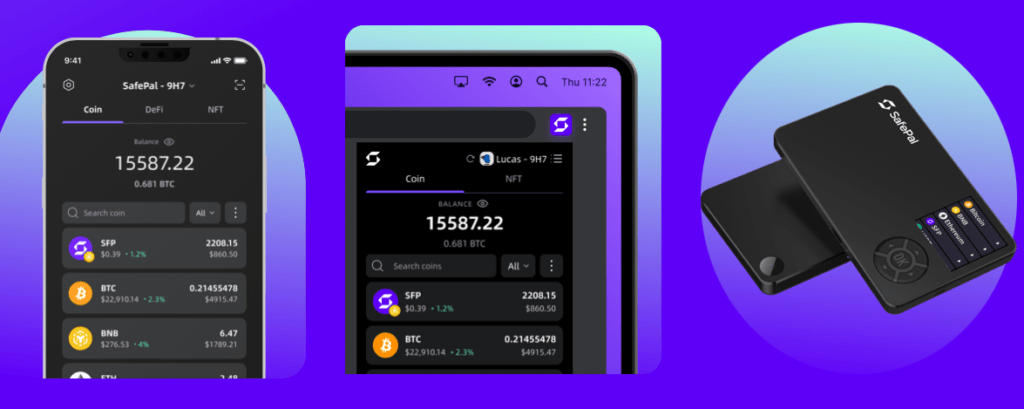
SafePal is a crypto wallet that was founded in 2018 by a team of former employees of Binance, the world’s largest cryptocurrency exchange. SafePal offers software and hardware wallets, the latter being called SafePal S1.
Let’s start with the hardware component of the SafePal wallet. The device itself is about the size of a credit card, and it has a small screen and a few buttons.
The SafePal software wallet supports unlimited cryptocurrencies and tokens on 54+ blockchains. This means that you can use the wallet to interact with decentralized applications (dapps) on those networks. You can even participate in decentralized finance (DeFi) activities like staking and yield farming.
What is a Trust Wallet?
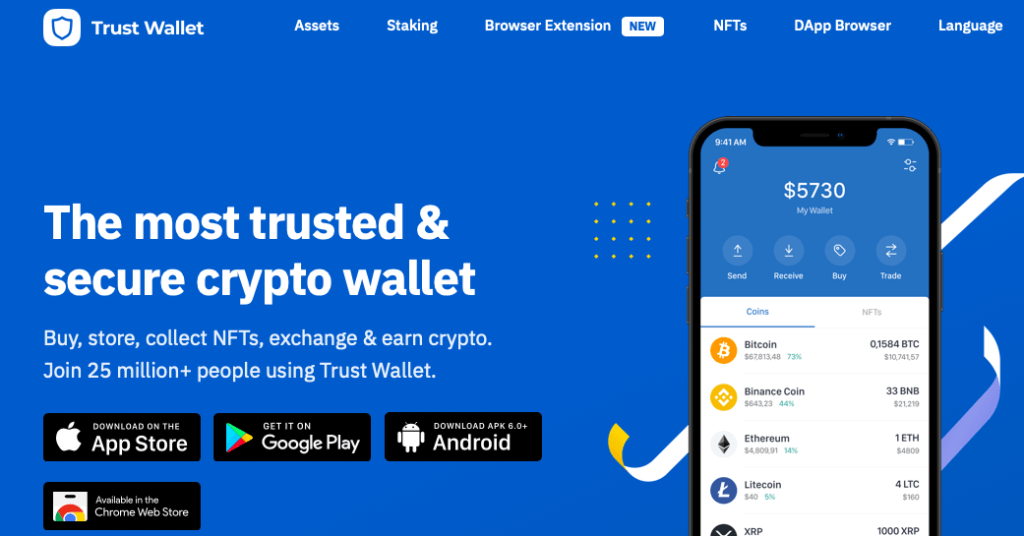
Trust Wallet, on the other hand, is a mobile software wallet that Binance acquired in 2018. It supports over 4 Million trading pairs and 10,000+ cryptocurrencies and tokens, including Bitcoin, Ethereum, Binance Coin, and many more.
Trust Wallet is also known for its support of decentralized applications (dApps). The wallet has an integrated dApp browser that allows users to access a wide range of decentralized applications directly from the wallet. This means that users can easily interact with the blockchain and participate in decentralized finance (DeFi) without having to leave their wallets.
Finally, Trust Wallet is available on a wide range of platforms, including iOS, Android, and desktop browser extensions.
Comparison between SafePal and Trust Wallet
1. Security Features
Security is a critical aspect of any cryptocurrency wallet, and both SafePal and Trust Wallet take it very seriously. Here’s how they compare in terms of security:
Hardware Wallets
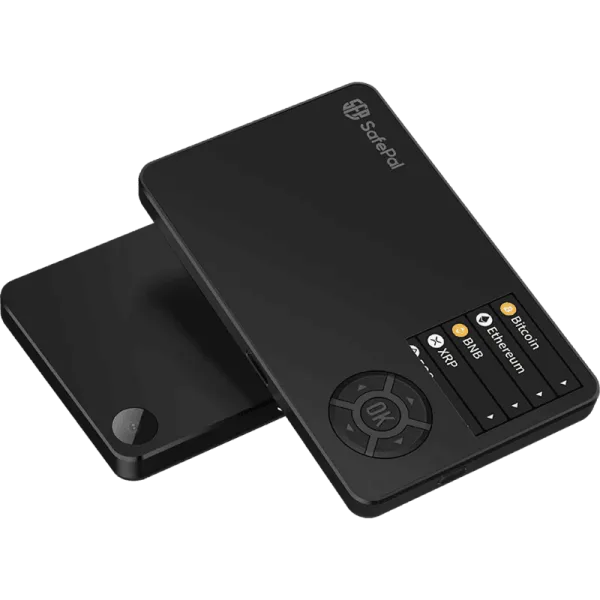
SafePal S1 is a hardware wallet that provides users with an extra layer of security. The device features a secure chip that protects private keys, and it requires users to enter a password to access their funds. The device also supports biometric authentication, such as fingerprint and facial recognition, which adds another layer of security.
Trust Wallet, on the other hand, does not offer a hardware wallet.
Read: Safepal vs Ledger: Which should you choose?
Software Wallets
Both SafePal and Trust Wallet offer software wallets, which are accessible through mobile apps.
Both software wallets use advanced encryption to protect user data and require setting up a password to access their funds. The wallet also supports 2FA, such as Google and Microsoft Authenticators, which adds an extra layer of security.
User Interface and Ease of Use
Both SafePal and Trust Wallet offer user-friendly interfaces that are easy to use, even for beginners. Here’s how they compare:
SafePal’s user interface is simple and easy to navigate. The wallet features a clean and intuitive design, with all the essential functions easily accessible from the main screen. Trust Wallet’s interface is also user-friendly and straightforward.
Supported Cryptocurrencies
When it comes to the number of supported cryptocurrencies, SafePal has an edge over Trust Wallet. SafePal claims to support unlimited tokens on 54+ blockchains, including Solana, Arbitrum, Binance Coin, and many more. Trust Wallet, on the other hand, supports over 4.5 million trading pairs.
Fees and Transaction Costs
Fees and transaction costs are essential factors to consider when choosing a cryptocurrency wallet. Here’s how SafePal and Trust Wallet compare:
SafePal’s fees are relatively low and depend on network congestion. The wallet also offers competitive exchange rates and does not charge any additional fees for withdrawals or deposits.
Trust Wallet’s fees are also low, with no fees for Built-in swaps and transactions. Deposit fees depend on the payment methods.
Staking and Earn
First, it’s worth noting that the APYs for staking cryptocurrencies can fluctuate over time, so it’s important to check the current rates before making any decisions.
That being said, in general, SafePal and Trust Wallet offer fairly competitive APYs for staking. For example, at the time of writing this, SafePal offers an APY of 17.92% for staking Binance Coin (BNB) and an APY of 9.63% for staking Polkadot (DOT). Meanwhile, Trust Wallet offers an APY of 20.49% for staking BNB and an APY of 11.06% for staking DOT.
So, in terms of APYs for staking, Trust Wallet currently has slightly higher rates than SafePal for BNB and DOT.
Check: Best Crypto Staking Platforms
Customer Support
Both SafePal and Trust Wallet offer customer support through their websites and mobile apps. SafePal provides support through email, live chat, and a knowledge base, while Trust Wallet offers support through email and a knowledge base.
SafePal and Trust Wallet Mobile App
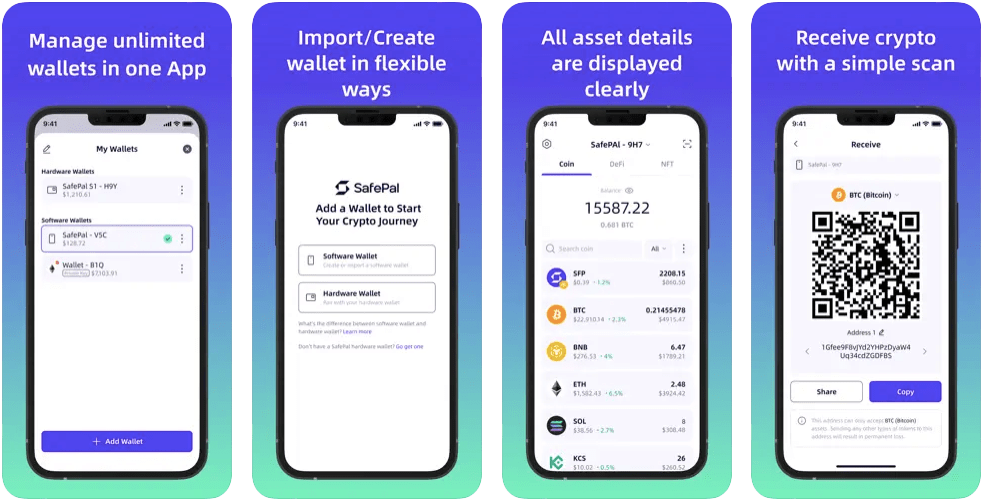
Let’s start with SafePal. The SafePal mobile app is available for both iOS and Android devices, and it allows you to manage your cryptocurrency assets directly from your phone. Some of the key features of the SafePal app include:
- Wallet Management: With the SafePal app, you can manage all of your cryptocurrency wallets in one place. You can view your balances, transaction history, and manage your assets with ease.
- Buy and Sell Cryptocurrencies: The app allows you to buy and sell cryptocurrencies directly from your wallet. You can purchase with your credit card, Apple Pay, or Google Pay.
- Staking and Yield Farming: SafePal offers support for a variety of different cryptocurrencies that can be staked for earning rewards or farmed for yield. You can participate in different staking activities, such as Binance Launchpool, without having to leave the app.
- Decentralized Finance (DeFi): SafePal also allows you to participate in decentralized finance activities, such as swapping tokens, providing liquidity, and earning yield in decentralized liquidity pools.
Now let’s look at Trust Wallet. The Trust Wallet mobile app is also available for both iOS and Android devices, and it offers a range of features for managing your cryptocurrency assets. It also has similar features including buy, sell, Trade, Receive, send, staking, DApp browser, and Liquidity pool integration on pancakeswap.
Read: Trust wallet vs Metamask
Pros and Cons of SafePal
Pros:
- Supports over 10,000 cryptocurrencies and tokens.
- Offers both software and hardware wallets for extra security.
- User-friendly interface and easy to use.
- Low fees for transactions.
- Offers hardware wallet
Cons:
- Limited customer support options.
- Transactions can take time
Pros and Cons of Trust Wallet
Pros:
- Excellent security protocols.
- User-friendly interface and easy to use.
- Supports millions of tokens.
- zero fees for Built-in swaps
Cons:
- No hardware wallet option.
- Acquired by Binance (Threat of Centralization)
Conclusion
SafePal and Trust Wallet are both excellent options for storing and managing cryptocurrencies.
SafePal offers software and hardware wallets, which provide an extra layer of security, while Trust Wallet offers a user-friendly software wallet.
When choosing between the two wallets, consider the number of supported cryptocurrencies, security features, fees and transaction costs, and customer support options.
FAQs
Is SafePal S1 a good hardware wallet option?
Yes, SafePal S1 is an excellent hardware wallet option for anyone who wants to keep their cryptocurrencies safe and secure. It offers advanced security features such as a secure chip, tamper-proof packaging, and a passphrase.
Can Trust Wallet be used on a desktop computer?
Yes, Trust Wallet can be used on a desktop computer. The wallet is available as a browser extension for Google Chrome and Mozilla Firefox. It can also be used on desktop computers by installing an Android emulator such as Bluestacks.
Do SafePal and Trust wallet support Bitcoin?
Yes, SafePal and Trust wallet supports Bitcoin, as well as over 10,000 other coins.
